World debate
In the "film capital" of Hollywood, AI has infiltrated many important stages in the process of completing a work, threatening the livelihoods of many workers in the industry. Faced with the impact of AI on creative work, a series of actors, screenwriters, and workers have stood up to protect their rights through simultaneous strikes since 2023. In particular, they protested against the use of algorithms by film studios to create scripts, develop digital images and sounds to simulate actors' performances using deepfake technology or other AI-generated tools.
The movie The Brutalist was controversial at this year's Oscar season because it had the "mark" of AI - Source: IMDB
Through a joint effort, the Writers Guild of America (WGA) and the Screen Actors Guild – American Federation of Television and Radio Artists (SAG-AFTRA) have reached historic agreements on the use of AI. According to SAG-AFTRA, the agreement not only establishes essential protections but also sets a precedent for other industries. Workers must have a voice in the integration of emerging technologies that impact their livelihoods.
AI also became a "hot" topic at the 2025 Oscar season when some works on the nomination list such as Dune: Part 2, Emilia Pérez, A Complete Unknown ... used artificial intelligence in some stage of the production process. Of which, The Brutalist (a film that received 10 Oscar nominations in 2025, including Best Picture) was the most controversial name when a crew member revealed that technology was used to "perfect" and "enhance" the Hungarian pronunciation of the main actors Adrien Brody and Felicity Jones. At the same time, AI was also used to design part of the set for the final scene. This person said that the use of AI was necessary during the production of The Brutalist to save time and money. Director Brady Corbet later clarified that the level of AI intervention in the film was "insignificant". However, this still raises concerns that AI will gradually take away the jobs of actors, screenwriters, and workers in the industry, losing the value of true creativity.
According to IndieWire , in April 2025, the Board of Governors of the Academy of Motion Picture Arts and Sciences, the body that awards the Oscars, released a detailed list of newly approved awards rules and related regulations. In response to the controversy over some of the 2025 nominees using some form of artificial intelligence in the filmmaking process, the Academy's Science and Technology Board approved the following new provision on nomination standards: "With respect to artificial intelligence and other digital tools used in the filmmaking process, these tools neither help nor harm the chances of being nominated. The Academy and each branch will evaluate merit, taking into account the extent to which humans played a central role in the creative process, when selecting films for awards."
There is no denying that the development of AI promises to change the way we create, opening up many new advantages in the film industry. However, AI can only be a sustainable companion if the rights of creative people are protected.
AI's participation in script writing, character building... without direction will easily lead to disjointedness or lack of humanity, which is the core element of cinematic art.
Mr. Dang Tran Cuong, Director of the Department of Cinema
Can it completely replace humans?
In Vietnam, applying AI to the production of artistic products, typically films, is considered an inevitable trend, a positive signal showing that the country's film industry is ready to adapt to digital transformation.
The "AI actress" who replaced Thuy Tien in Chot Don was criticized for being awkward and lacking depth - Photo: Producer
However, in reality, not all cases of applying AI in production receive support and response. Typically, when Chot Don was released, it sparked debate about the AI image replacing Thuy Tien's role. Because many people watching the film thought that the character was not much different from this actress. Not to mention, the segments requiring psychological depth were considered a limitation of the film when the character made from AI was commented to be awkward, difficult to bring true emotions.
Audience member My Dan (29 years old, Ho Chi Minh City) said that when watching a film, the first thing she cares about is the content and acting, in addition to factors such as image and sound quality. According to her, in these factors, although AI can do it, it still lacks "humanity". "I think when the actors created by AI do not meet the requirements in terms of emotion and depth, the effectiveness of the work is not as expected, even counterproductive", this audience member said.
With the development of artificial intelligence today, actor Ho Quang Man chooses to apply AI to analyze, develop scripts or learn more about roles. However, according to him, for theatrical films, character emotions are still an important factor. Ho Quang Man gives examples of theatrical works such as Gia tai cua ngoai (Thailand) or Vietnamese films with good box office effects such as Mai, Chi dau ... all do a good job of exploiting character psychology. According to him, in this aspect, AI is still limited. "An actor is a combination of language, senses, life experience, emotions and even his own energy field. The richer the life experience, the deeper the role. That is something that I believe AI can hardly completely replace," Ho Quang Man stated his opinion.
In fact, AI is considered a powerful assistant in film production, but the abuse of artificial intelligence in the creative process is also a double-edged sword, which can cause the work to lack cultural depth and gradually lose its identity if it only follows the technique. Mr. Dang Tran Cuong - Director of the Department of Cinema added: "AI participating in writing scripts, building characters... if there is no direction, it will easily lead to disjointedness or lack of humanity, which is the core element of the art of cinema".
From a director's point of view, "I don't think it's possible to say that AI can replace actors and directors, because the specificity of acting is that the character's psychology is very complex. Meanwhile, the role of a director in a movie is not simply creating commands." However, applying AI to cinema also opens up a new trend, requiring screenwriters, actors, and directors to improve their skills in the face of fierce competition with artificial intelligence today. (continued)
Source: https://thanhnien.vn/lo-ngai-ai-cuop-viec-cua-nghe-si-dien-anh-185250813223909967.htm





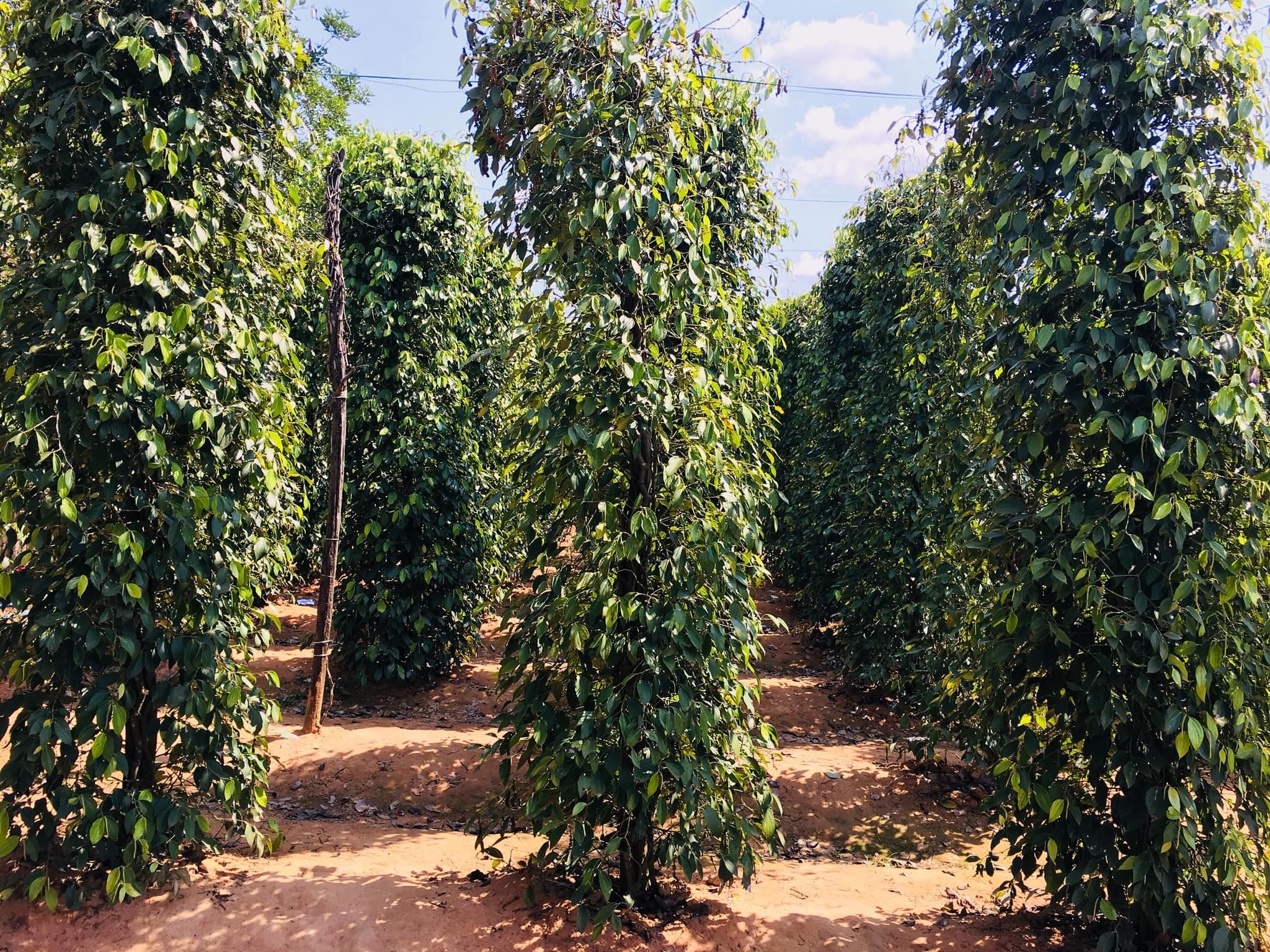
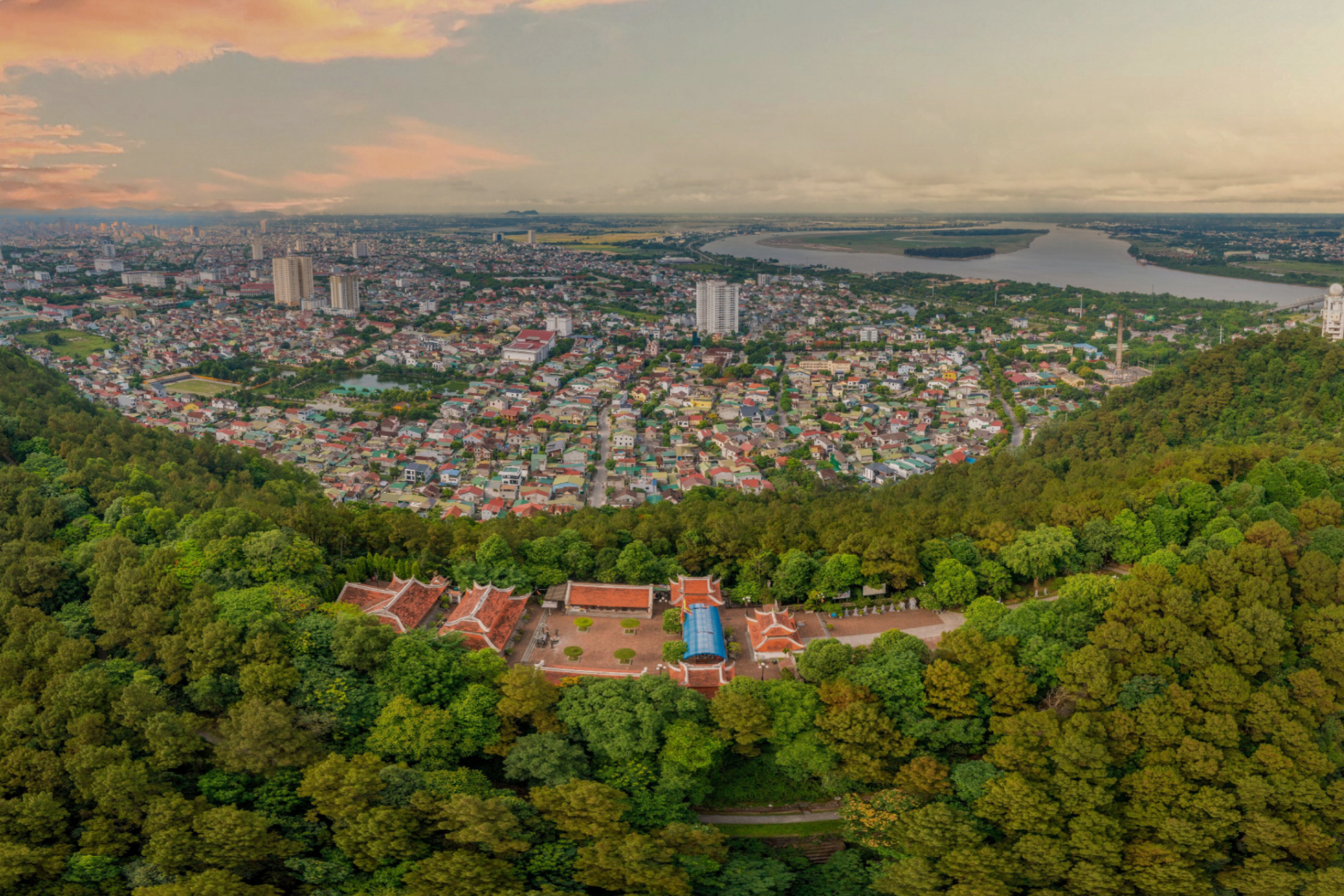

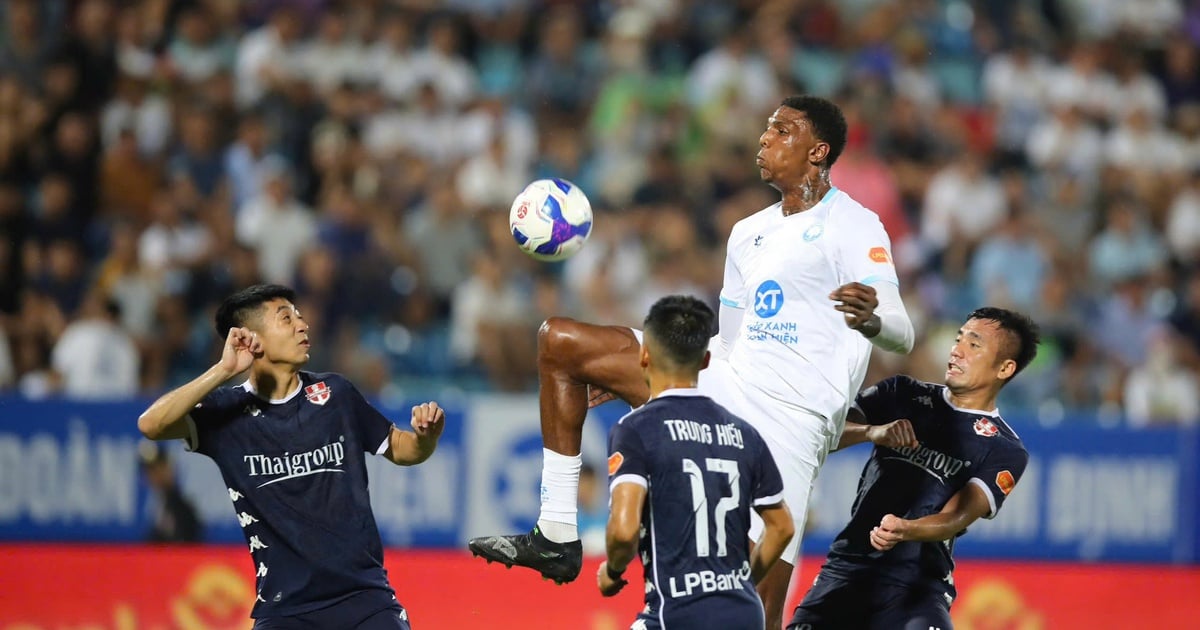


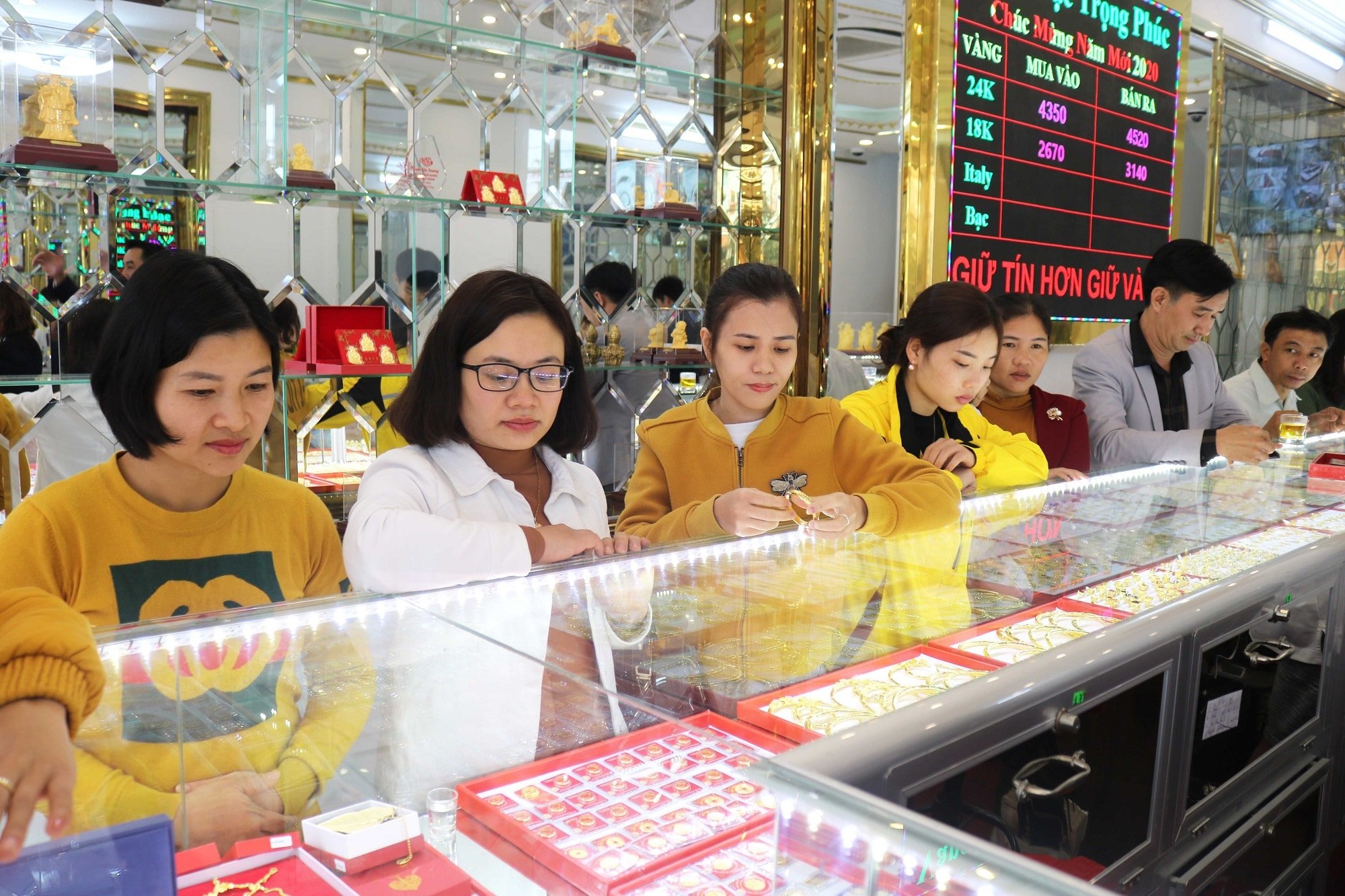

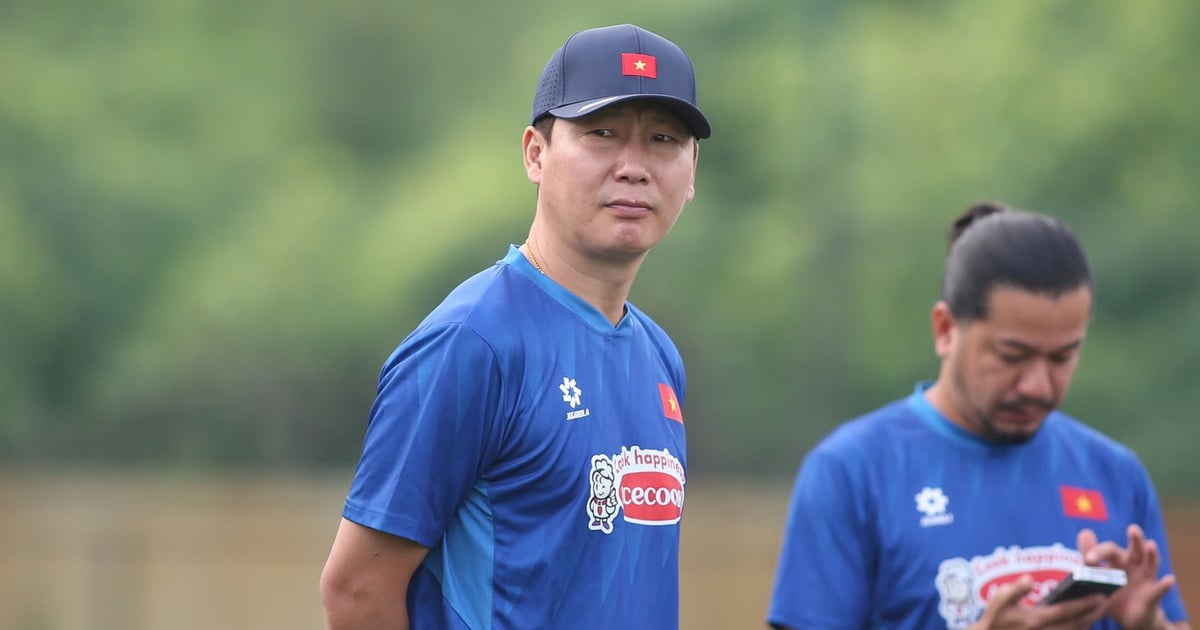











![[Photo] An Phu intersection project connecting Ho Chi Minh City-Long Thanh-Dau Giay expressway behind schedule](https://vstatic.vietnam.vn/vietnam/resource/IMAGE/2025/8/21/1ad80e9dd8944150bb72e6c49ecc7e08)







































![[Photo] Politburo works with the Standing Committee of Hanoi Party Committee and Ho Chi Minh City Party Committee](https://vstatic.vietnam.vn/vietnam/resource/IMAGE/2025/8/21/4f3460337a6045e7847d50d38704355d)

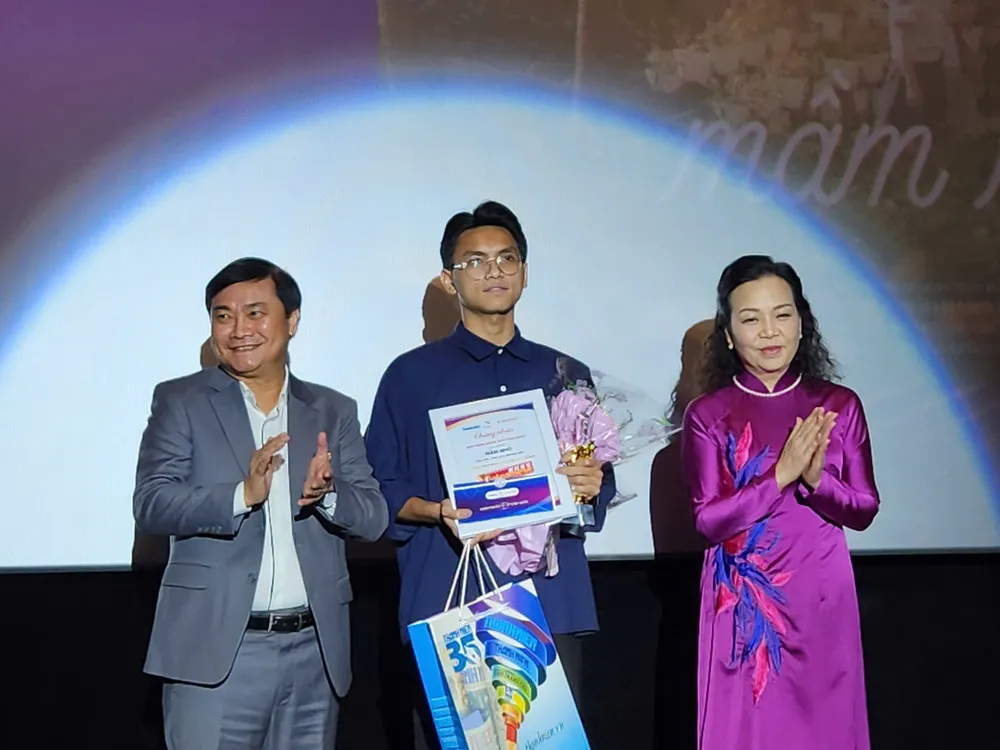































Comment (0)